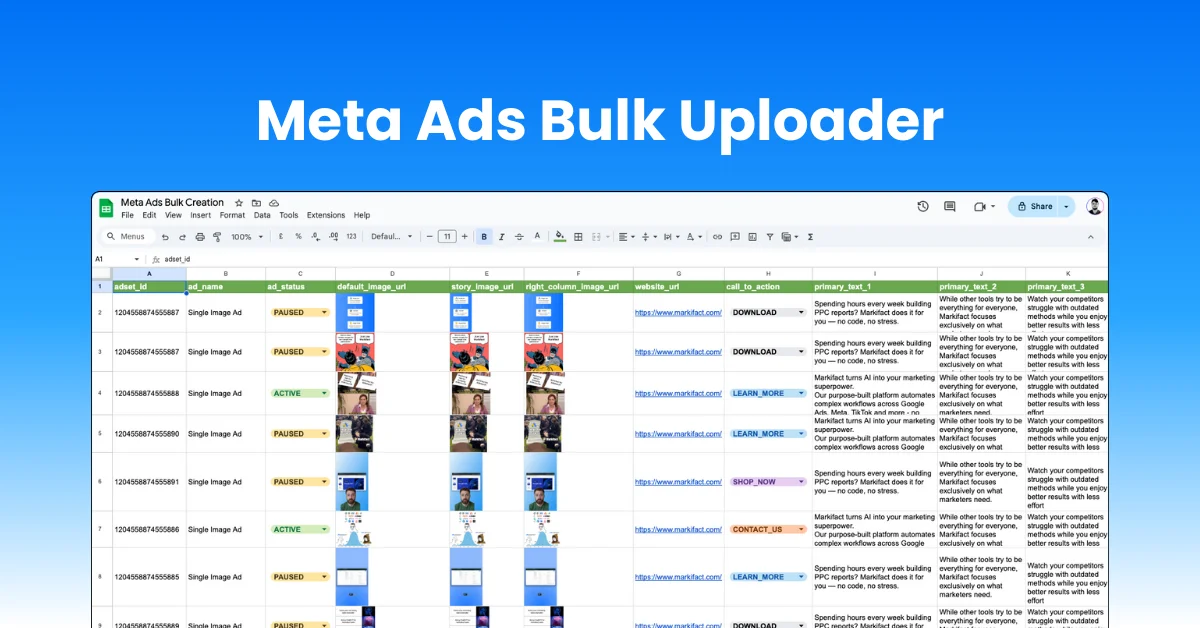Meta has announced that children aged 10-12 will soon be able to engage in chats and calls in VR, expanding its metaverse plan. This move allows preteens to connect with friends in age-appropriate, parent-managed social experiences. Parents must approve each contact for young users, and preteens can participate in various activities like space missions, virtual tours, and multiplayer games.
Meta has already implemented parental supervision tools for teens aged 13-17 and has age-checking processes for added security. Despite these measures, concerns remain about the potential risks of social media and VR on young audiences. Studies indicate that social media usage can negatively impact youngsters' mental health and development, leading to regulatory actions like New York's "Stop Addictive Feeds Exploitation (SAFE) for Kids" act and Florida's parental consent requirements for social media accounts.
The immersive nature of VR could heighten these risks, and while Meta includes parental oversight, some argue that users under 13 should not access social VR elements until more is known about the potential dangers. Meta has previously added personal boundaries for VR avatars due to reports of harassment and "virtual rape."
Despite these concerns, Meta is eager to attract young users to support its metaverse vision, although this step is seen as risky and potentially overlooking the lessons learned from social media's impact on youth.













